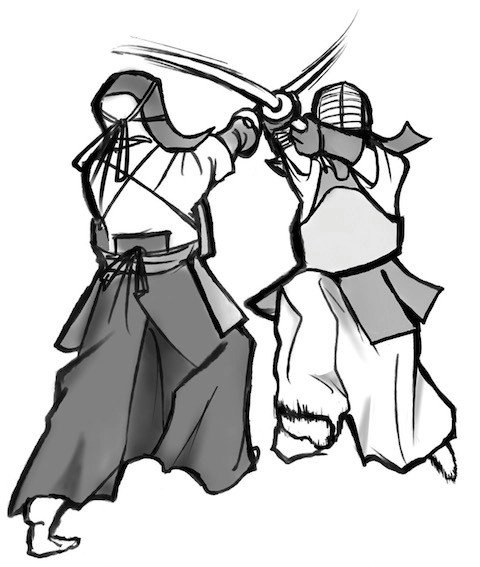Why Being A Lifelong Learner May Fail You (Lifelong Learning Mistake)
Ever since I was out of school, I fell in love with learning and became a lifelong learner.
At school, they forced me to study what I had zero interest in but when I was out of school, I could finally learn and study what I wanted to.
One of the subjects I started learning was self-improvement (self-help, personal growth, personal development, or whatever you want to call it).
Soon enough, I knew I could never leave the pursuit of growth and peace. Now, it’s part of who I am.
I wasn’t an avid reader or a fan of writing since childhood. Self-improvement is how I got into both — reading and writing.
Learning is fun. It can even be addictive. There was a time when I spent my entire day learning about self-improvement.
But then, I realized…
Self improvement doesn’t happen in front of a device or a book.
The Biggest Lifelong Learning Mistake
You can spend your entire life learning, forming principles, and adopting mindsets but it’s of no use if you don’t use the knowledge to improve yourself, your life, or others.
I have hundreds of articles, books, podcasts, courses, and videos to consume in my “saved for later” list.
I will not consume all the items on the list. Who am I kidding? I can use any learning method or principle to learn faster and better but I will never check off every item on the ever-expanding list.
So, I am letting it go knowing that many of the saved material will die with me. But it doesn’t mean I will ever stop learning. I love to learn.
Lifelong learning is part of living a good life but so is actually living it. You must give equal importance to practicing and training if you want to change your life.
If you keep learning more without training, it can hurt your progress because when you learn too much in a day, your brain can’t process the information. It loses focus, and it tricks you into thinking that you’re improving your life.
Turning Knowledge Into Wisdom

When it comes to self-improvement, I see so many overlaps. A few key principles are repeated over and over again. It’s not actually bad to remind yourself of the principles from different perspectives but you must also spend time training yourself if you really want to improve.
You don’t always need big life experiences to train yourself. Every day is an opportunity for you to train. The daily small actions and choices you make define how well you’re implementing your learnings.
This is how you learn concepts of self-improvement by heart:
a) Learn
b) Practice (intentional)
c) Test (unexpected)
We are good at saving articles and taking notes. But we need to spend equal (if not more) time practicing and training.
Continuous learning is easy. It’s comfortable. You get the instant gratification of thinking about improving your life. But in reality, your life doesn’t improve unless you do something about it.
To practice, you need to focus. You can’t practice anything without concentrated effort. And to get focused, you need intention and tracking in place.
For instance, if you want to improve your mental stability, you must track your emotions, mood, thoughts, and your reactions at least for a few days or weeks.
At the time of tracking, don’t judge yourself. You are human and you will make mistakes even after studying those huge books about the same topic.
Related: Life Designer’s Toolkit — Top Learning Tools
Training Is Where The Magic Happens

Once you’re more aware of your results through tracking them, take out time to reflect on them. List all the reasons why you fail, why you succeed, what you could do better next time, and what new obstacles can come your way.
After you’ve practiced enough times, you will notice a difference in you. But then, the real training happens in the discomfort zone when life throws unexpected and more difficult tests at you.
When you’re not tracking your behavior and you didn’t plan for a conscious effort, you know if you’ve learned a key principle or not.
Be a learner for life because the cycle never ends. You can always improve and there always be more things to learn. So you decide what you want to focus on now and what you can schedule for later.

